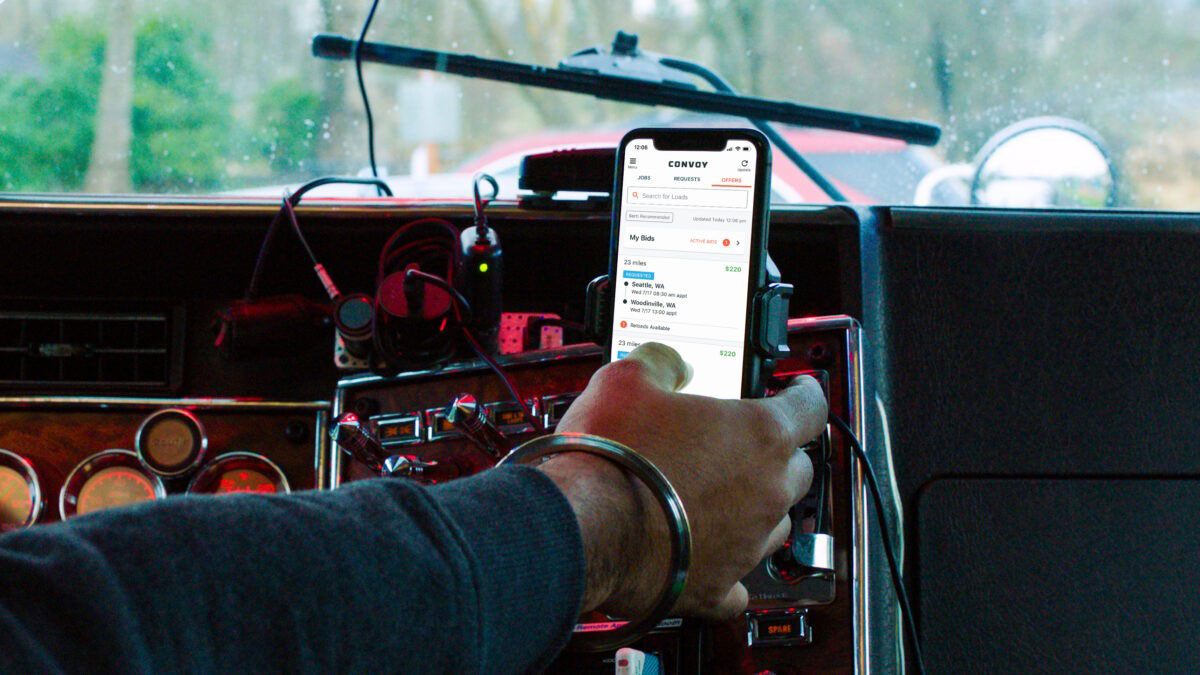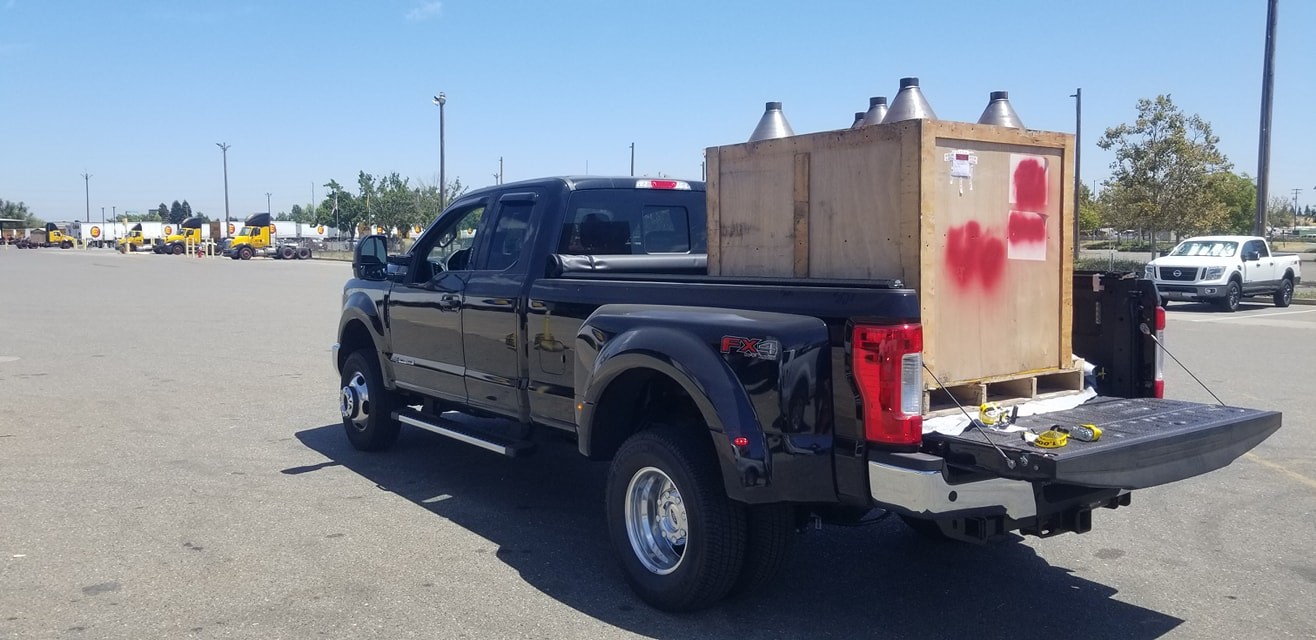Table of Contents
If you’re in the business of freight brokerage, getting a freight broker’s bond is non-negotiable. It’s not just a piece of paper; it’s your golden ticket to operate legally. This bond is your promise to pay carriers and shippers, showing them you mean business. So, how do you get it? ,
This guide dives into the must-know details of getting your freight broker bond, including why you need it, what’s required, and how to apply. Mastering this bond is key to being a trusted, rule-abiding freight broker in the transportation world.
To Get a Freight Brokers Bonds
- Understand What Freight Brokers Bonds Is
- Know The Importance of Freight Brokers Bonds
- Calculate The Expense of a Freight Brokers Bond
- Register With The FMCSA
- Identify The Types of Freight Brokers Bonds
- Know The Legal Requirements For Freight Brokers Bonds
- Understand The Application Process For Freight Brokers Bonds
- Choose a Surety Bond Provider
Excited, right? Let’s take a deeper look.
1. Understand What Freight Brokers Bonds Is
To get a freight broker’s bond, understand what it is. A Freight Broker Bond is a must for anyone in the freight brokerage business. Think of it as your trusty safety net. It’s a $75,000 guarantee the Federal Motor Carrier Safety Administration (FMCSA) required to keep things fair. This bond safeguards shippers and carriers, ensuring that you fulfill your promises and pay them as agreed upon. So, if you’re a freight broker in the U.S., you need this bond. Find a reputable bond provider, be honest with your application, pay the premium, and renew it each year to stay on the right side of the law and keep your business rolling.
>>>MORE: Freight Finder Loadboard Review
2. Know The Importance of Freight Brokers Bonds
To obtain a freight broker’s bond, understand its importance. Freight broker bonds are essential – no two ways about it! These bonds exist for a very good reason: they protect everyone involved in the freight business. Whether you’re a shipper, a carrier, or a broker, these bonds ensure that things run smoothly and fairly.
Here’s the deal: Without these bonds, there’s no guarantee that you can play by the rules, pay your bills, or fulfill your obligations, especially if you are a broker. So, these bonds are like a safety net, making sure everything goes according to plan.
In a nutshell, if you’re in the freight business, you need these bonds. They’re not a luxury, they’re a must-have for a legitimate and trustworthy operation. So, don’t hesitate – get those bonds in place and keep the industry running smoothly.
3. Calculate The Expense of a Freight Brokers Bond
To secure a freight broker bond, it’s important to be aware of the expenses associated with it. Do you know that the surety bond company that issues the freight broker bond determines its cost, which is only a percentage of the $75,000 bond amount, known as the premium? This percentage often relies heavily on the freight broker’s credit score. However, providing additional information demonstrating financial strength and experience can reduce the cost. Sureties can then evaluate all the risks associated with bonding and formulate a quote based on the information you provide.
Here are some of the primary factors that affect the cost of your freight broker bond:
- Your personal credit score.
- The number of years you have in the industry.
- Any current or previous bond claims.
- The financial status of your business.
- Your fixed and liquid assets.
4. Register With The FMCSA
To acquire a freight broker bond, you need to register with the Federal Motor Carrier Safety Administration (FMCSA). This registration is a fundamental requirement to secure your freight broker authority, which is the legal permission to operate in the industry.
Simultaneously, it’s imperative to have a comprehensive business plan meticulously crafted and ready for execution. Your business plan can serve as the roadmap for your operations, helping you outline your goals, strategies, and financial projections.
Once you have completed the FMCSA registration and solidified your business plan, the next critical task is obtaining a freight broker bond, formally known as the BMC-84 bond. This bond is a crucial financial assurance that safeguards the interests of both shippers and carriers. You must obtain it from a reputable bonding company and submit it to the FMCSA to fulfill the legal requirements.
5. Identify The Types of Freight Brokers Bonds
To obtain freight broker’s bonds, identify the various types available. There are three main types of freight broker bonds that you should know about, they are crucial if you want to become a licensed freight broker. It includes:
Property Broker Bond
This is the most common type of bond for freight brokers. You need to have this bond, as the Federal Motor Carrier Safety Administration (FMCSA) mandates it to ensure that you fulfill your obligations and compensate carriers for their services. Essentially, it functions as your financial safety net.
Freight Forwarder Bond
If you’re planning to operate as a freight forwarder, you’ll need this bond. The FMCSA also mandates it, and similar to the property broker bond, it’s there to protect carriers in case you don’t meet your financial obligations.
Broker Trust Fund Agreement (BMC-85)
While not exactly a bond, it’s an alternative to the traditional bond. With this agreement, you need to set up a trust fund with a bank. It serves the same purpose as a bond, ensuring that carriers receive their payment even if your brokerage goes under.
>>>PRO TIPS: How to Become a Freight Broker With No Experience
6. Know The Legal Requirements For Freight Brokers Bonds
To secure a freight broker bond, you need to comprehend the necessary legal prerequisites associated with it. If you’re a freight broker in the United States you must actively secure a surety bond, and understand that this process is of utmost importance. You must get a $75,000 bond from a reputable surety company. This bond acts as a financial safety net for shippers and carriers in case you don’t fulfill your contractual obligations. To get one, complete the application, provide financial information, and pay the premium, which is typically a percentage of the bond amount. Once you have your bond, ensure it’s renewed on time, as compliance is essential in the freight brokerage industry.
7. Understand The Application Process Foraa Freight Brokers Bonds
To get a freight broker’s bond, pay attention to the application process. When applying for a freight broker bond, you will need to provide the following information:
MC Number (optional)
The FMCSA provides an optional MC Number, which is distinct from a USDOT number.
Contact Information
Provide your contact details, including email and physical addresses, for communication and sending bonds after payment.
Company Name
A company name is a mandatory requirement for bond issuance, even though you can request a quote without one.
Social Security Numbers
You can use SSN to conduct soft credit checks.
Residency Status
you must have legal status in the US, and this includes acceptance of green card holders and naturalized citizens.
Years in Business
The number of years you’ve been in the business is a significant factor in determining the bond premium. More experience results in a lower rate.
Active Claims
If there are any active claims against you or your business, you must disclose them. Resolution of these claims is necessary before receiving a new quote.
Ownership
When applying, give adequate information about the ownership structure, including the number of owners and the percentage of ownership each holds in the brokerage.
>>>GET SMARTER: How to Find Good Freight as an Owner Operator
8. Choose a Surety Bond Provider
To get a freight broker’s bond, choose a Surety Bond Provider. Look for a provider with a solid reputation, competitive rates, and experience in your industry. Ensure they’re licensed and accredited. Discuss your specific needs openly and transparently, as this can help you get the right bond for your business. In this critical decision, don’t rush—take your time to make an informed choice that offers financial security and peace of mind.
Recap
To secure your freight broker’s bond, First, grasp what a freight broker’s bond entails.
Get a clear understanding of why you need it. Calculate the cost – a critical step. Register with the FMCSA to establish your credibility. Explore the various types of freight broker bonds available. Familiarize yourself with the legal prerequisites. Dive into the nitty-gritty of the application process. Then, make a wise choice in selecting a reliable surety bond provider.
















